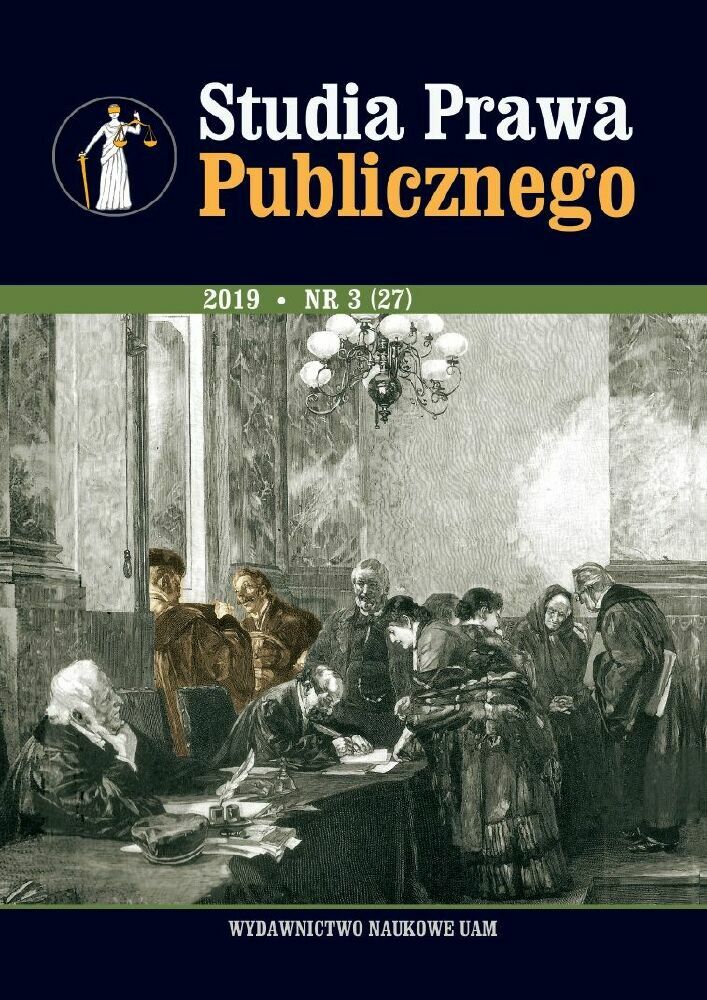Abstract
The right to conduct habilitacja (“habilitation”) proceedings under Polish law is not a new solution. These proceedings were conducted both in the interwar period, in the first years of the People’ s Poland, and during the Polish People’s Republic. The solutions adopted in those periods differed. Until the end of People’s Poland, the proceedings ended with the right to lecture (veniam legendi) but with no possibility of obtaining a scientific degree, in the years 1951–1958, following the example of Soviet solutions, the proceedings allowed to obtain a scientific degree of doctor of sciences, from 1958 to obtain a degree of a docent (assistant professor), and from 1968 – the degree of doktor habilitowany. The differences in legal solutions adopted at that time were also clearly visible in the conditions which higher education institutions had to meet in order to obtain the right to conduct the proceedings and confer titles, and candidates to be promoted to a higher degree of doktor habilitowany. Although the possibility of acquiring the degree of doktor habilitowany was retained from 1990 onwards, the legal conditions for the conduct of habilitacja proceedings did not resemble the solutions of previous years. And so, as in the Act of 1965, as well as after 1990 the conferral of academic degrees was excluded from the law on higher education, but this law itself was subject to much more modest regulation. It was not until the Act of 2003 that solutions were introduced to gradually tighten the conditions imposed on organisational units applying for the right to confer the academic degree of doktor habilitowany and on persons applying for the initiation of habilitacja proceedings, as well as on the course of such proceedings. The year 2011 brought revolutionary changes in this respect. The amending law introduced a new order in the process leading to the conferral of the academic degree of doktor habilitowany. It covered not only the requirements which organisational units applying for the right to ‘habilitate’ in the fields of science and scientific disciplines had to satisfy, but also a re-definition of these conditions. The course of the ‘habilitation’ proceedings and the participation in it of the Central Commission and the board of the relevant organisational unit, as well as the person applying for the degree of doktor habilitowany were significantly changed.
References
Chałupka M., Prawo o szkolnictwie wyższym z komentarzem (z uwzględnieniem zmian obowiązujących od października 2011 r.), Warszawa 2011.
Izdebski H., Zieliński J., Komentarz do art. 3, w: Prawo o szkolnictwie wyższym. Ustawa o stopniach naukowych i tytule naukowym. Komentarz do nowelizacji, Warszawa 2011.
License
Copyright (c) 2019 Krystyna Wojtczak

This work is licensed under a Creative Commons Attribution-NonCommercial-NoDerivatives 4.0 International License.

